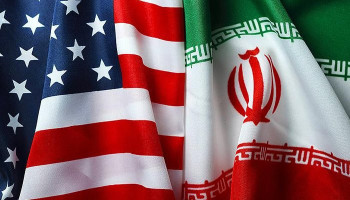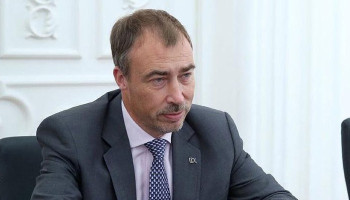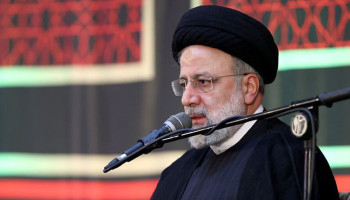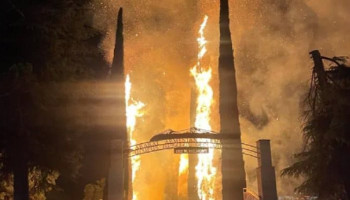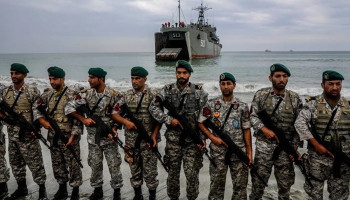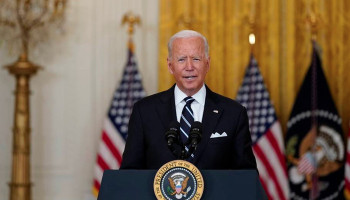Russia should foot Syria reconstruction bill, European leaders say
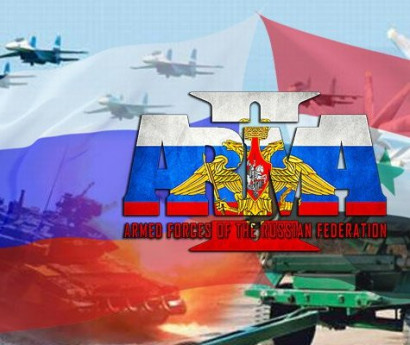 European leaders, notably the French, are privately warning Vladimir Putin that if he permits Syria’s president, Bashar al-Assad, to turn an expected capture of Aleppo into a military victory across most of the country, it will be up to Russia to foot the bill for reconstruction. “What Russia breaks is what Moscow will have to fix,” said one western diplomat, adding that the EU in reality was the only player with the resources to restore the fabric and infrastructure of a country torn apart by a five-year-long civil war. Estimates of the cost of reconstructing Syria range from a World Bank projection of $180bn, made in April, to far larger sums. Russian reports have suggested Putin wants to internationalise a kind of Marshall plan for Syria, with responsibility shared between the EU, Saudi Arabia, Iran and China. But western diplomats have made clear the EU will not sign any cheques for a country run by a man accused of multiple war crimes and the mass murder of his citizens. As they run out of cards to play, they admit their chief leverage with Russia may be the cost of reconstruction. The warnings to Moscow play into the desperate diplomatic efforts still under way to try to end the humanitarian catastrophe unfolding at speed in Aleppo. The UN’s special envoy to Syria, Staffan De Mistura, warned on Tuesday: “Clearly, I cannot deny - this is a military acceleration and I can’t tell you how long eastern Aleppo will last.” France and Britain have called for another meeting of the UN security council in New York, with the French foreign minister, Jean-Marc Ayrault, saying he would press for a UN resolution to punish the use of chemical weapons in Syria. Ayrault said on Tuesday a way had to be found to prevent Syrian government forces and their allies from carrying out one of the “biggest massacres on a civilian population since [the second world war]”. “This [security council] meeting would have to find a way to deal with the humanitarian situation and see how we can get aid in. We have to find a way,” he told Reuters. Among the proposals being discussed behind the scenes is the possibility that diplomats from a range of countries could accompany a humanitarian convoy into Aleppo. A similar exercise occurred in the Bosnian capital of Sarajevo when it was under siege in the mid-1990s. Paris has a high-level ministerial meeting planned for December bringing together foreign ministers of countries supporting the moderate Syrian opposition, including the US and Britain, as well as Saudi Arabia, Qatar, the United Arab Emirates and Jordan. But, aside from the bid to sanction Syria for the use of chemical weapons, no obvious new diplomatic initiative is emerging. There is in private growing recognition that it might not take Assad and supporting forces much longer now to take Aleppo, and then to capture Idlib, which would then be the main remaining opposition-held town. The scale of Iranian artillery and the Russian air cover combine to represent overwhelming odds. But western diplomats are warning Russia that even if Aleppo fell and the trade route to the south reopened, the Syrian rebellion would turn from a war of territory into an insurgency – in essence a guerrilla campaign conducted with arms supplied by the rebels’ sponsors such as Saudi Arabia. The prospect is that there will be a low-level civil war continuing for years, as it did in Lebanon. The Syrian foreign minister, Walid al-Muallem, in Moscow this week promised that Russian companies could receive priority in the allocation of contracts for the restoration. But Moscow, wary of the bills, and anyway short of cash due to the depressed oil price, is understood to have declined the offer. The Russian leader’s reluctance to own the peace may give the EU an opening it has lacked in the latter days of the war, diplomats say. |












